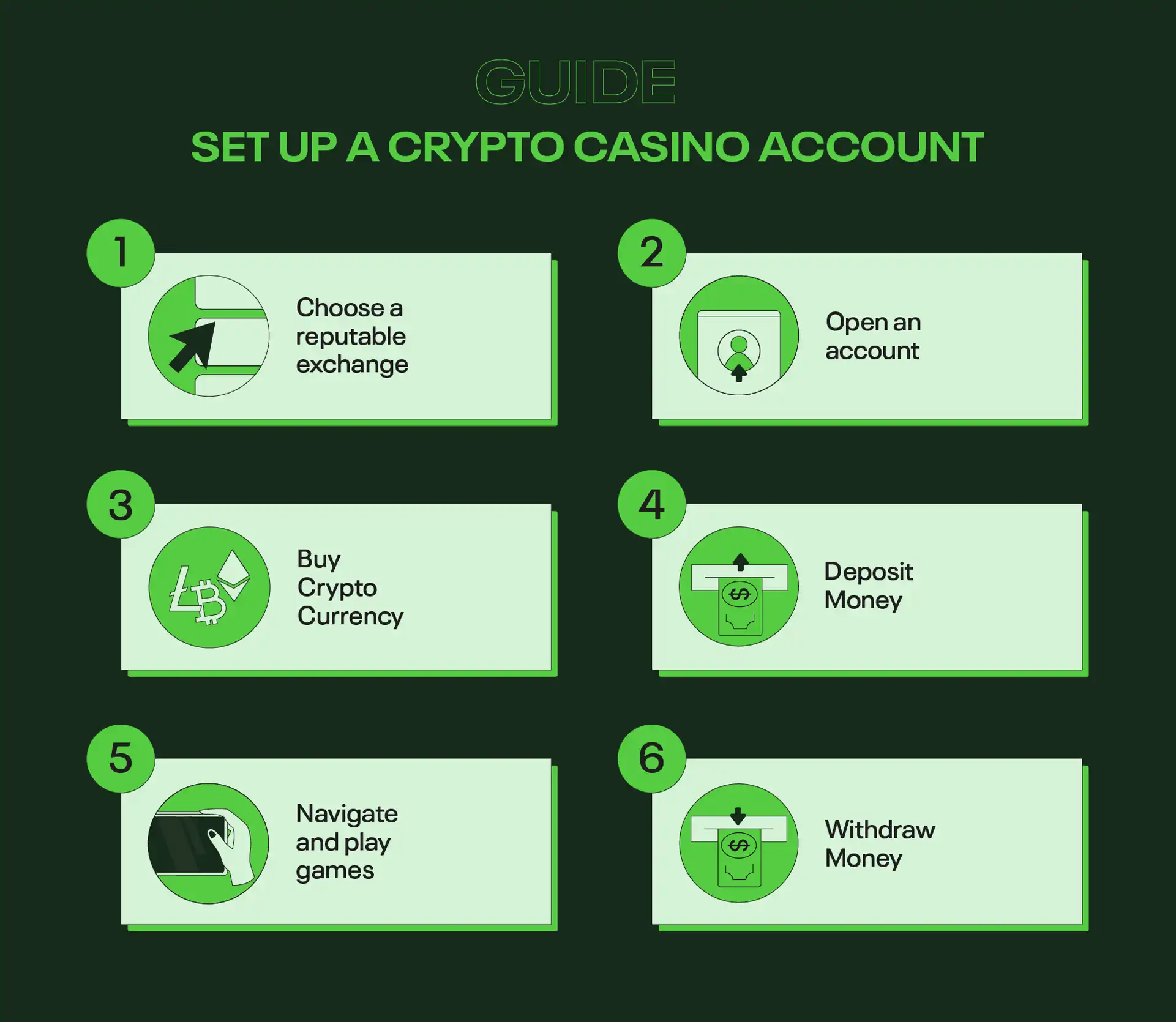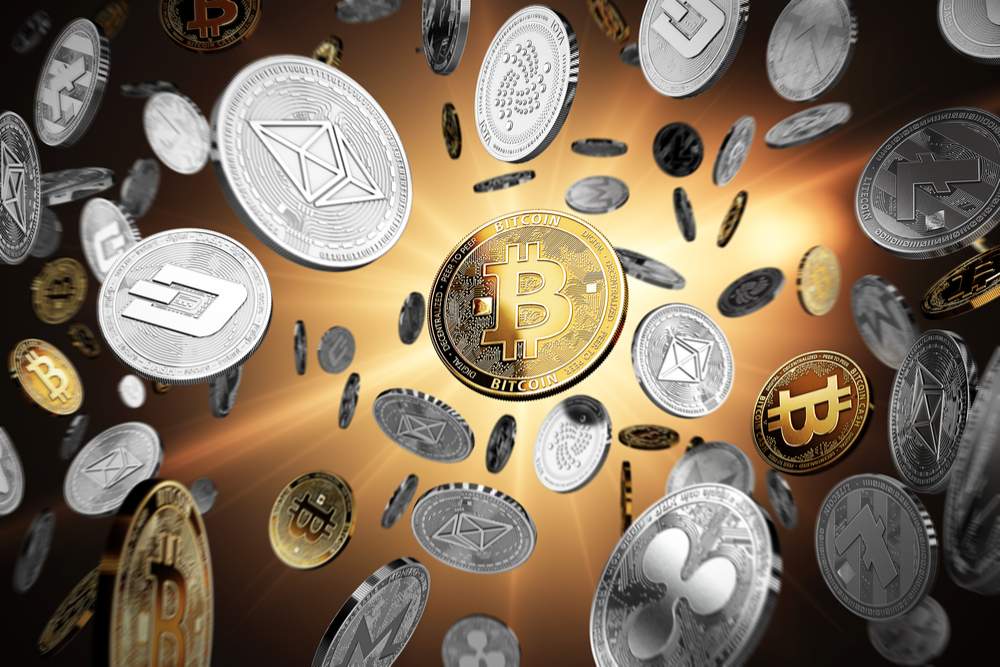Are all cryptocurrencies based on blockchain
You’re reading a free article with opinions that may differ from The Motley Fool’s Premium Investing Services. Become a Motley Fool member today to get instant access to our top analyst recommendations, in-depth research, investing resources, and more https://backlinkbuilder.biz/. Learn More
Given the substantially lower costs associated with proof-of-stake, you might think it’s a better way to validate transactions. It does, however, still have downsides. For example, even though there’s no concern that an entity can gain control over 51% of a network’s computing power with proof-of-stake, if an entity could gain control of 51% of all outstanding tokens it could hold the network and its stakeholders hostage. Of course, there’s not much likelihood this will happen with high-market-cap digital currencies. However, virtual currencies with low market caps may be susceptible to this vulnerability.
Mining pools are groups of miners who pool their resources (hash power) to increase their chances of winning block rewards. When the pool successfully finds a block, the miners in the pool share the reward according to the amount of work they each contributed.
All casinos accepting cryptocurrencies
Cryptocurrencies have revolutionized the online casino world, offering players payment options that are available globally and operate 24/7. This makes them incredibly convenient for users everywhere. Plus, using crypto can often be faster and more cost effective than traditional payment methods, not to mention more private.
Those who want to deal with fiat exclusively will be happy to learn that the casino supports Visa, Mastercard, Google Pay, and Apple Pay. New players on Jackbit can look forward to several different promotions. Sports bettors can claim 100 USD in bonus bets after making their first deposit of at least 20 USD. Meanwhile, casino players can unlock 100 free spins when depositing at least 50 USD. There’s also the Rakeback VIP Club promotion, which rewards players based on their total wager amount.
Cryptorino’s gaming library is diverse, with slots offering up to 30 weekly free spins. The welcome bonus is notable—100% up to 1 BTC plus a 10% weekly cashback—though the 80x wagering requirement with a 7-day limit might be challenging for some. Sports enthusiasts can benefit from a Thursday promotion offering up to $500 in free bets. However, the lack of a mobile app and the high wagering demands may deter casual players. Despite these drawbacks, Cryptorino’s combination of game variety, regular bonuses, and extensive payment support makes it a strong option for crypto casino enthusiasts.
New Flush.com users can look forward to an exciting promotions program headlined by a two-tier Welcome Bonus of up to 150%. The first tier entitles new users to a 100% bonus when depositing $10 to $200, while the second deposit entitles users to a 150% bonus when depositing $200 to $1,000. While the maximum bonus amount is lower than some other competitors, the wagering requirement is set at 30x, which means that bonus funds are easier to unlock than at other platforms that boast a wagering requirement of 40x or even more in some cases.
The following crypto and Bitcoin casinos earned their spot on the list based on their overall offering, which includes the range of support for various digital assets, number of available games, blockchain-focused initiatives (native tokens, NFTs, etc.), promotional perks, availability of sports betting, and various other criteria.
Beyond its 100% up to $1,000 welcome bonus, Bitz Casino offers a no-deposit 240 USDT bonus on the Thunder and Love slot. The low 29x wagering requirement is among the best in the industry, but the limited selection of supported cryptocurrencies might be a drawback for some players. Still, with an Android APK, multiple login options, and a robust sportsbook, Bitz Casino is a compelling choice for both casino and sports bettors.

Cryptocurrencies all
In January 2024 the SEC approved 11 exchange traded funds to invest in Bitcoin. There were already a number of Bitcoin ETFs available in other countries, but this change allowed them to be available to retail investors in the United States. This opens the way for a much wider range of investors to be able to add some exposure to cryptocurrency in their portfolios.
The very first cryptocurrency was Bitcoin. Since it is open source, it is possible for other people to use the majority of the code, make a few changes and then launch their own separate currency. Many people have done exactly this. Some of these coins are very similar to Bitcoin, with just one or two amended features (such as Litecoin), while others are very different, with varying models of security, issuance and governance. However, they all share the same moniker — every coin issued after Bitcoin is considered to be an altcoin.
At the time of writing, we estimate that there are more than 2 million pairs being traded, made up of coins, tokens and projects in the global coin market. As mentioned above, we have a due diligence process that we apply to new coins before they are listed. This process controls how many of the cryptocurrencies from the global market are represented on our site.
Play-to-earn (P2E) games, also known as GameFi, has emerged as an extremely popular category in the crypto space. It combines non-fungible tokens (NFT), in-game crypto tokens, decentralized finance (DeFi) elements and sometimes even metaverse applications. Players have an opportunity to generate revenue by giving their time (and sometimes capital) and playing these games.
The first chain to launch smart contracts was Ethereum. A smart contract enables multiple scripts to engage with each other using clearly defined rules, to execute on tasks which can become a coded form of a contract. They have revolutionized the digital asset space because they have enabled decentralized exchanges, decentralized finance, ICOs, IDOs and much more. A huge proportion of the value created and stored in cryptocurrency is enabled by smart contracts.


